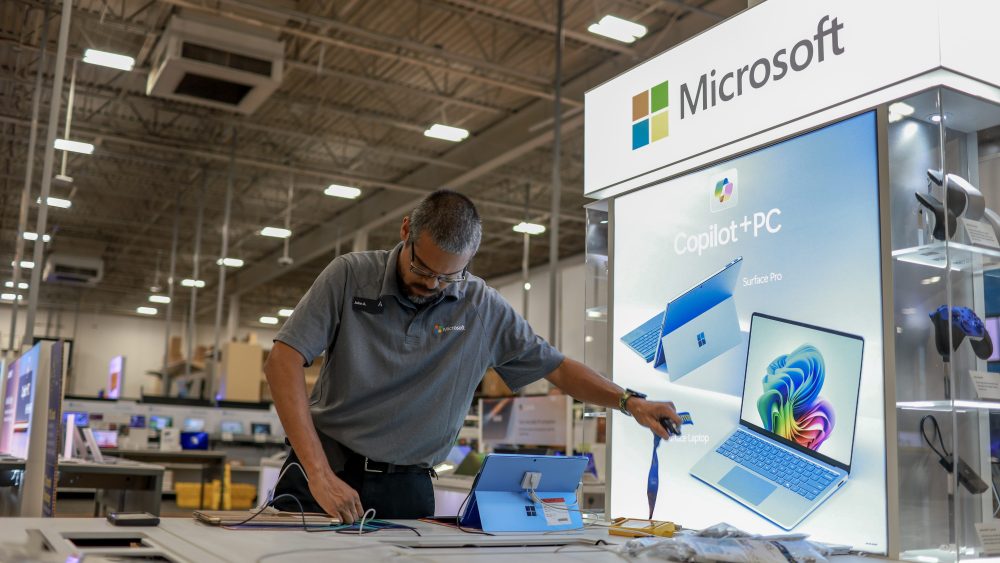Buddy Up or Log Out: Microsoft's AI Copilot Wants to Be Your New Digital Best Friend

Microsoft is accelerating its strategy to win over consumers with innovative AI-powered companion tools through its Copilot service. The tech giant is positioning these intelligent software assistants as transformative digital companions designed to enhance productivity and creativity across various platforms.
Copilot represents Microsoft's ambitious vision to integrate artificial intelligence seamlessly into everyday digital experiences. By offering intuitive, context-aware tools that can understand and anticipate user needs, the company aims to make AI interaction more natural and compelling for mainstream consumers.
The service promises to revolutionize how people work, create, and problem-solve by providing intelligent assistance that adapts to individual workflows. From generating content to offering real-time suggestions and automating complex tasks, Copilot is positioned as more than just a tool—it's a personalized digital ally.
As the AI landscape continues to evolve rapidly, Microsoft is betting big on making these companion technologies not just functional, but genuinely engaging and user-friendly. By focusing on intuitive design and practical applications, the company hopes to demystify AI and make it an indispensable part of users' digital lives.
